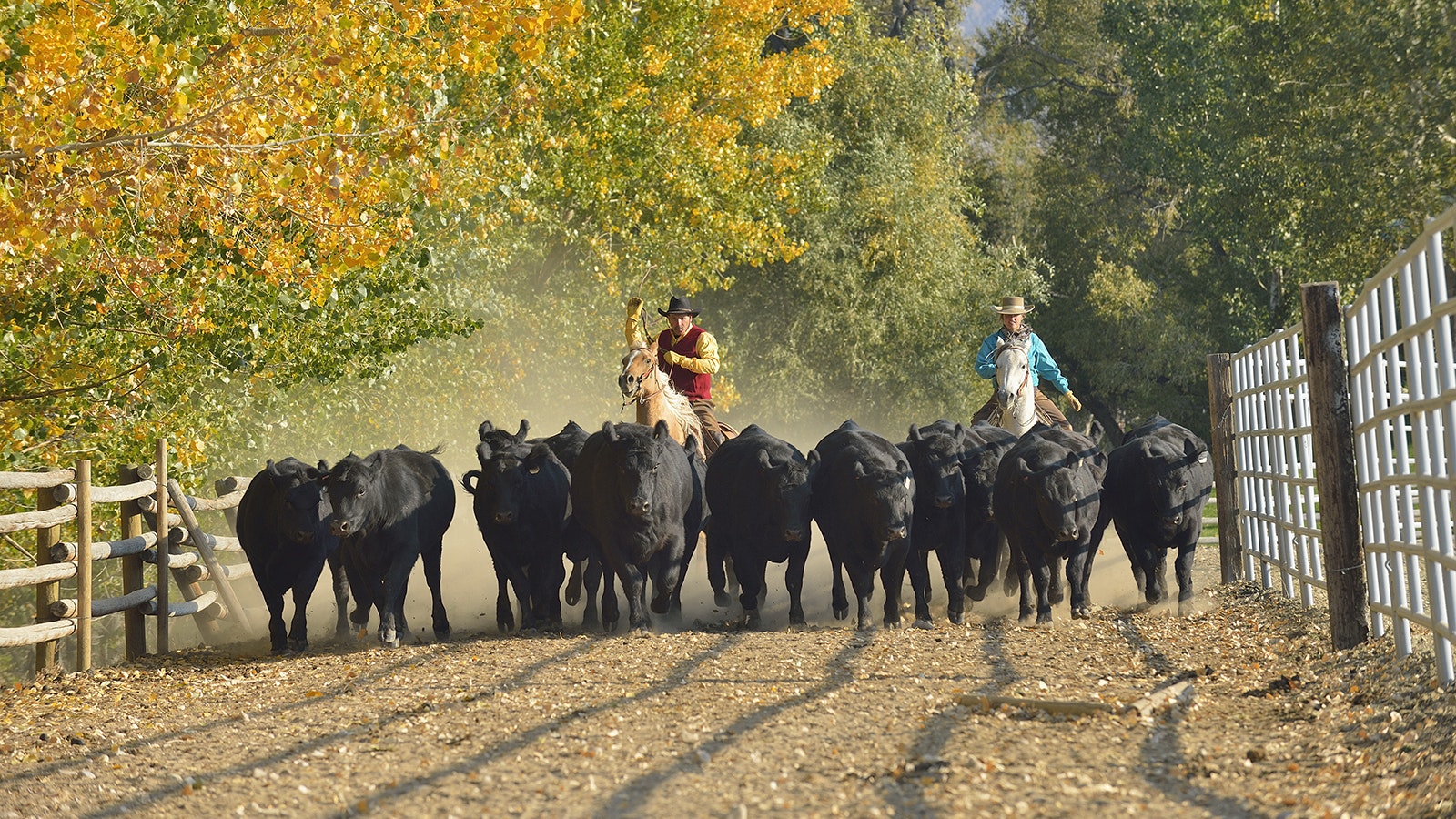A man who shot a dog while it was being held by a teenager was properly convicted of reckless endangering, Wyoming’s Supreme Court has ruled.
The court upheld the conviction of Adam Christopher Mackley on the charge of reckless endangering, along with a charge of aggravated animal cruelty, stemming from the May 2019 Evanston incident.
According to the ruling, a man was walking his dog past Mackley’s house when the dog, a boxer named Rocky, broke loose and ran to Mackley’s home, where Mackley’s son was returning from walking Mackley’s three dogs.
The man walking his dog, Gabriel Mendez, shouted to a group of teenagers playing basketball nearby to ask for their help retrieving the animal.
As the boxer and two of Mackley’s dogs began to fight, one of the teenagers, identified as P.V., was able to grab the boxer’s harness and pull him away from the house and into the street.
The fight continued despite the teenager’s efforts to stop it and Mackley came out of his house, armed with a pistol, and shot the boxer in the neck as it was held by P.V.
Mackley was convicted of aggravated cruelty to animals and reckless endangering and was sentenced to probation.
In Mackley’s appeal, he argued that he should not have been convicted of reckless endangering because he did not point the gun at P.V. and did not “wildly” shoot at the dog, but was very careful to avoid harming P.V.
But justices, in the opinion written by Justice Kate Fox, said the jury in Mackley’s case properly found that Mackley’s actions put P.V. in danger, even if they did not result in actual injury to the boy.
“The state presented evidence that P.V. was holding Rocky while … Mackley shot him and that … Mackley gave no warning before he fired,” the opinion said. “Based on that evidence, the jury could conclude that … Mackley consciously disregarded a substantial risk that his conduct placed P.V. in danger of death or serious bodily injury, and that his conduct was a gross deviation from the standard of conduct a reasonable person would observe in that situation.”





